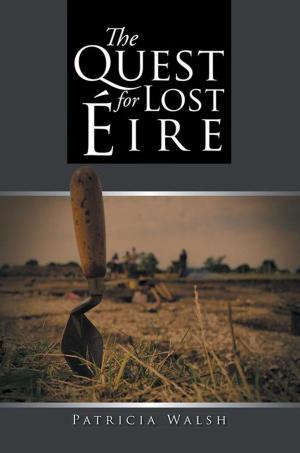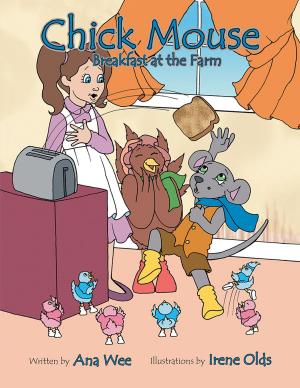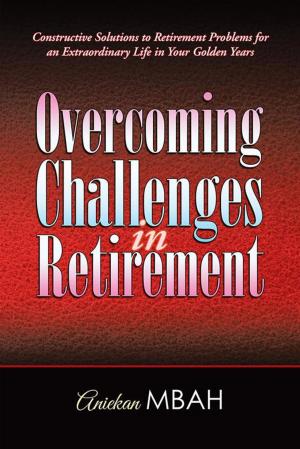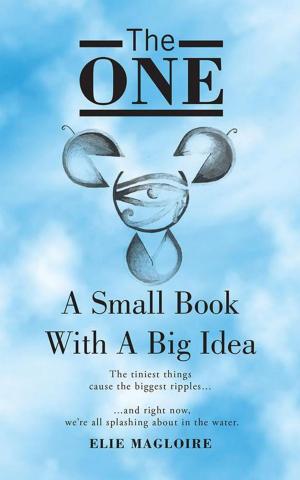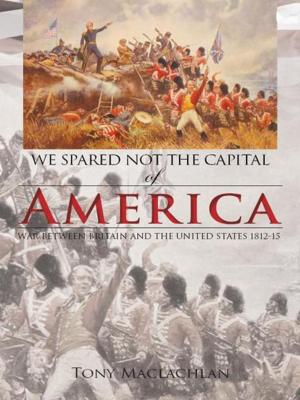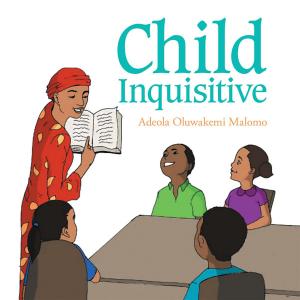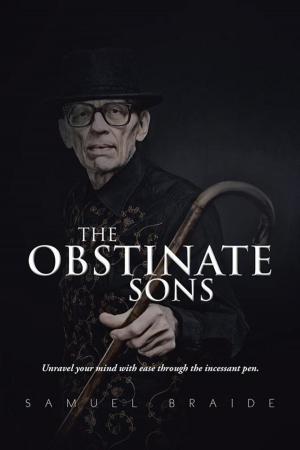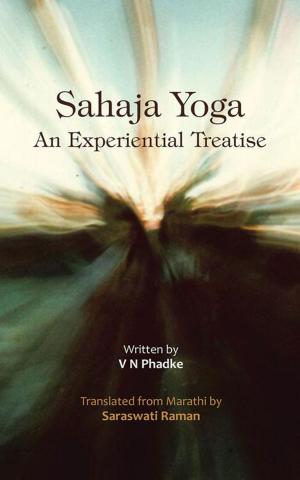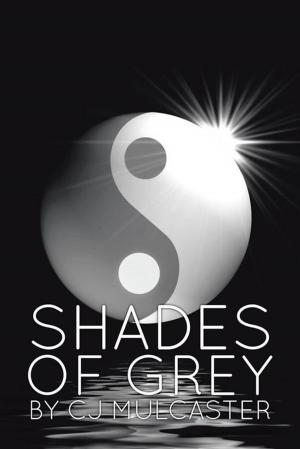| Author: | Dumo Kaizer J Oruobu | ISBN: | 9781546298373 |
| Publisher: | AuthorHouse UK | Publication: | December 19, 2018 |
| Imprint: | AuthorHouse UK | Language: | English |
| Author: | Dumo Kaizer J Oruobu |
| ISBN: | 9781546298373 |
| Publisher: | AuthorHouse UK |
| Publication: | December 19, 2018 |
| Imprint: | AuthorHouse UK |
| Language: | English |
In setting out to write It Is You, I asked myself if I can write about the Father of the world, Jesus Christ, and even mention God, the Architect of the creation of the entire universe. And they are realities in the world outside the world of fiction as they are in the world that everyone knows to exist. Why can’t I write about things that I know to exist of which I have been a part of, not necessarily because they are as I craft them in the novel? And I came up with an answer: no reason! That is why I have mentioned the great citadel of learning—the University of Ibadan that produced me, the way that Ekine Amabara attended it—and a few other situations like that, notably the city of Port Harcourt, which I have fictionalized in a number of my other creative efforts. Everything here, however, is fiction through and through and bear no true allegiance to any person, dead or alive, or to any situation of which I or anyone else that I know was a part of. In the same way as any work of fiction that I created, where I may decide to give characters my names and all the places that are true and real about me, it will not be about me but just plain fiction. Here is my alibi: my name or the place-names here or any situation, or situations, that approximated what is true in the world that we know are but coincidences and coincidences only and are not true but creations of the figments of my restless imagination.
In setting out to write It Is You, I asked myself if I can write about the Father of the world, Jesus Christ, and even mention God, the Architect of the creation of the entire universe. And they are realities in the world outside the world of fiction as they are in the world that everyone knows to exist. Why can’t I write about things that I know to exist of which I have been a part of, not necessarily because they are as I craft them in the novel? And I came up with an answer: no reason! That is why I have mentioned the great citadel of learning—the University of Ibadan that produced me, the way that Ekine Amabara attended it—and a few other situations like that, notably the city of Port Harcourt, which I have fictionalized in a number of my other creative efforts. Everything here, however, is fiction through and through and bear no true allegiance to any person, dead or alive, or to any situation of which I or anyone else that I know was a part of. In the same way as any work of fiction that I created, where I may decide to give characters my names and all the places that are true and real about me, it will not be about me but just plain fiction. Here is my alibi: my name or the place-names here or any situation, or situations, that approximated what is true in the world that we know are but coincidences and coincidences only and are not true but creations of the figments of my restless imagination.


